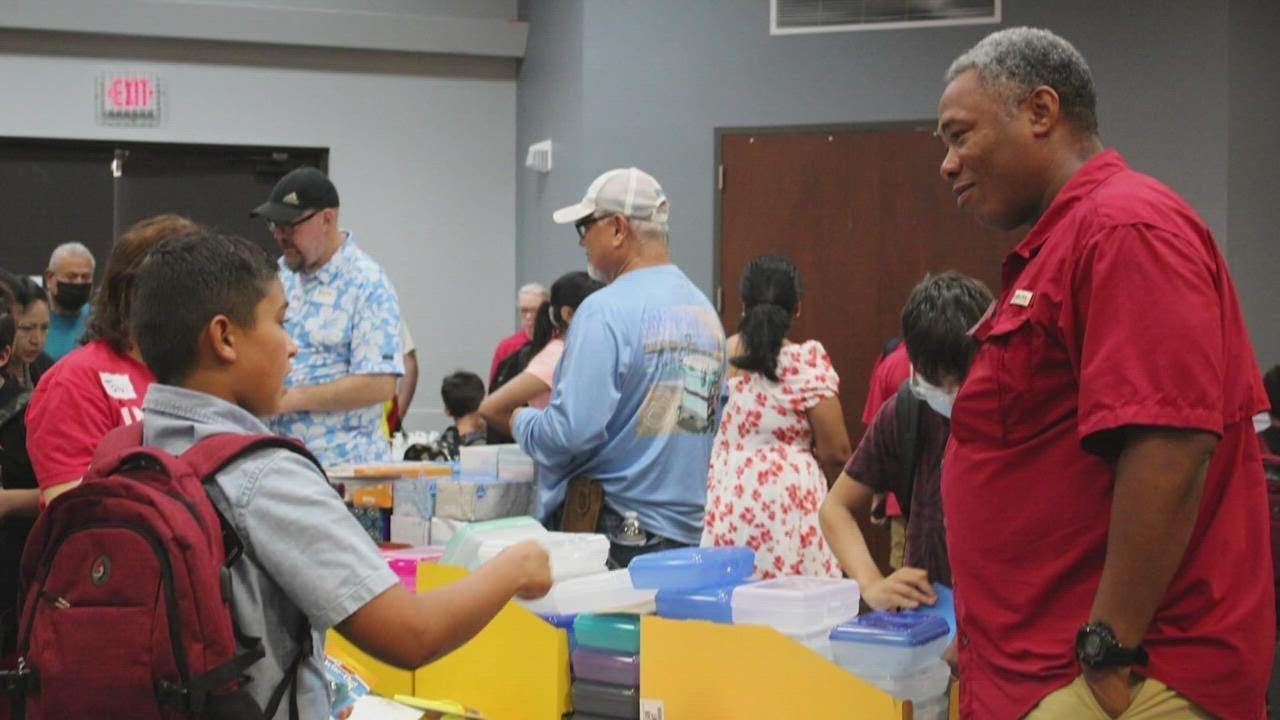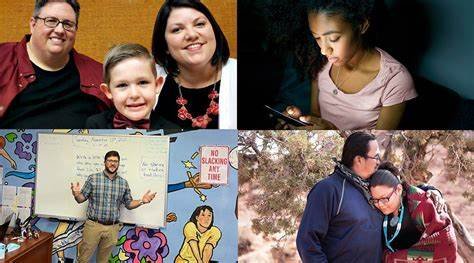Foster parents play a crucial role in helping children grow and thrive. They provide love, care, and stability to children in difficult situations. To be successful in this role, foster parents need to receive proper training. In this article, we will explore the best training programs for foster parents. These programs are designed to equip foster parents with the tools and knowledge they need to care for children effectively.

1. Basic Foster Parent Training
The first step for most foster parents is completing basic training. This foundational training program is mandatory in many areas and is the starting point for all foster parents.
What You’ll Learn
Basic training programs focus on topics like child development, understanding trauma, and the foster care system. Parents will learn how to meet the emotional and physical needs of children who may have faced neglect or abuse. This training is essential because it helps foster parents understand the challenges that children in foster care face.
Benefits of Basic Training
Basic training programs for foster parents are especially valuable for new parents. They provide a safe space to ask questions and gain confidence in their caregiving. Additionally, many programs offer certifications that show foster parents are well-prepared to take care of children.
2. Specialized Training for Challenging Behaviors
Children in foster care often have unique emotional or behavioral challenges. Some children have experienced trauma, while others may have health or developmental issues. Specialized training programs for foster parents address these specific challenges.
Managing Trauma and Stress
Specialized training teaches foster parents how to help children cope with trauma. It also helps parents understand how to deal with behaviors caused by stress, anxiety, or past abuse. By learning these strategies, parents can provide a stable and nurturing environment for children who need it the most.
Addressing Special Needs
Some training programs for foster parents focus on children with special needs. This training helps foster parents learn how to support children with physical or mental health challenges. Understanding how to manage these needs effectively improves the experience for both the child and the foster family.
3. Online Training for Foster Parents
With the growing demand for flexible learning, many training programs for foster parents are now offered online. These programs are especially beneficial for busy families who may not have time to attend in-person classes.
Convenient Learning Options
Online courses allow foster parents to learn at their own pace. They can access the material whenever it’s convenient for them. Whether it’s child development or behavioral management, online training offers a wide variety of resources that can be accessed from home.
Interactive Learning Tools
Online training programs for foster parents often use videos, quizzes, and forums to enhance learning. These interactive tools help foster parents stay engaged and retain information better. Some programs even provide access to a community of other foster parents, allowing them to share tips and experiences.
4. In-Person Workshops and Seminars
For foster parents who prefer face-to-face interaction, in-person workshops and seminars can be an excellent choice. These programs offer hands-on learning and opportunities to connect with other foster parents.
Real-Life Scenarios
In-person training programs often include role-playing or case studies. This allows foster parents to practice how they would handle real-life situations, such as managing difficult behaviors or handling conflict. By simulating these situations, parents feel more prepared to face challenges when they arise.
Networking Opportunities
Attending training programs for foster parents in person also gives foster parents the chance to meet others in their community. Networking with other foster parents can be a valuable way to learn and get emotional support from those who understand the struggles of fostering.
5. Support and Mentoring Programs
Some training programs for foster parents also offer ongoing support through mentoring. In these programs, experienced foster parents guide and support new ones through the challenges they may face.
One-on-One Guidance
Mentoring programs pair new foster parents with someone who has been fostering for a while. This relationship provides a safe space to ask questions and get advice from someone with hands-on experience. Mentors can help parents adjust to the complexities of fostering and offer personalized guidance.
Building Confidence
By receiving mentoring, new foster parents gain confidence in their ability to provide care. They also feel less isolated, knowing they have a trusted advisor to turn to for help.
Conclusion: Equip Yourself with Knowledge and Support
In conclusion, the best training programs for foster parents provide essential tools and support to help families care for children in need. Whether it’s basic training, specialized courses, or online learning, there are many ways for foster parents to gain the knowledge they need. By taking advantage of these resources, foster parents can feel more confident and better prepared to make a positive impact on the lives of children. Through proper training, foster parents are empowered to give the best care possible, helping children heal and thrive in a loving home.




